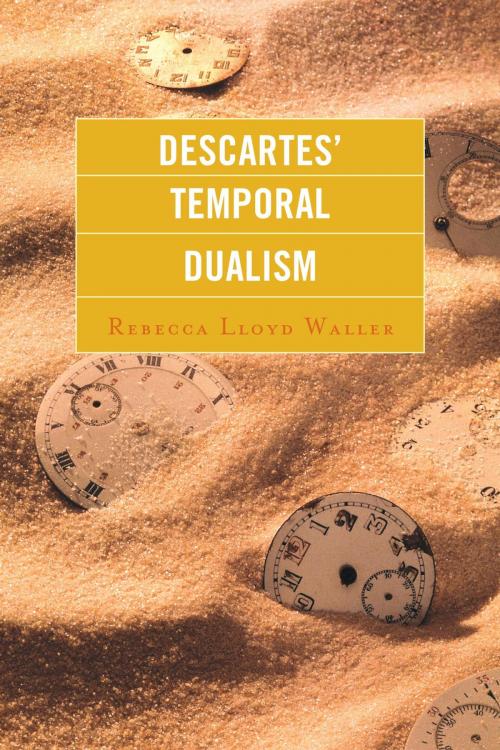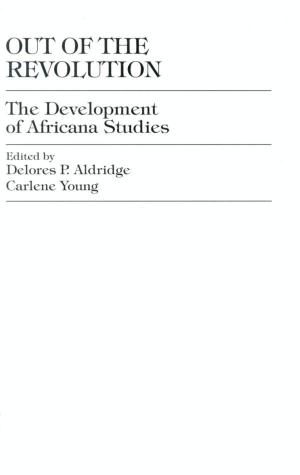| Author: | Rebecca Lloyd Waller | ISBN: | 9780739175231 |
| Publisher: | Lexington Books | Publication: | October 15, 2014 |
| Imprint: | Lexington Books | Language: | English |
| Author: | Rebecca Lloyd Waller |
| ISBN: | 9780739175231 |
| Publisher: | Lexington Books |
| Publication: | October 15, 2014 |
| Imprint: | Lexington Books |
| Language: | English |
Time plays many crucial roles in Descartes’ physics, metaphysics, and epistemology, but has been an understudied area of his philosophy. Rebecca Lloyd Waller argues for a new interpretation of Descartes’ account of time in light of the views held by his major predecessors. By studying Descartes’ account of time through its historical context, Lloyd Waller contends that Descartes’ views are actually consistent, comprehensive, and more historically significant than has been recognized.
Descartes offers a type of temporal dualism composed of intrinsic duration and an innate idea of time-in-thought. Lloyd Waller's explanation of Descartes' time-in-thought is also the key to resolve many significant problems in the contemporary literature. Given both its historical sensitivity and its ability to directly engage and address common interpretive puzzles, Descartes' temporal Dualism offers a significant contribution to the understanding of an important, but frequently neglected component of Descartes’ ontology.
Time plays many crucial roles in Descartes’ physics, metaphysics, and epistemology, but has been an understudied area of his philosophy. Rebecca Lloyd Waller argues for a new interpretation of Descartes’ account of time in light of the views held by his major predecessors. By studying Descartes’ account of time through its historical context, Lloyd Waller contends that Descartes’ views are actually consistent, comprehensive, and more historically significant than has been recognized.
Descartes offers a type of temporal dualism composed of intrinsic duration and an innate idea of time-in-thought. Lloyd Waller's explanation of Descartes' time-in-thought is also the key to resolve many significant problems in the contemporary literature. Given both its historical sensitivity and its ability to directly engage and address common interpretive puzzles, Descartes' temporal Dualism offers a significant contribution to the understanding of an important, but frequently neglected component of Descartes’ ontology.















